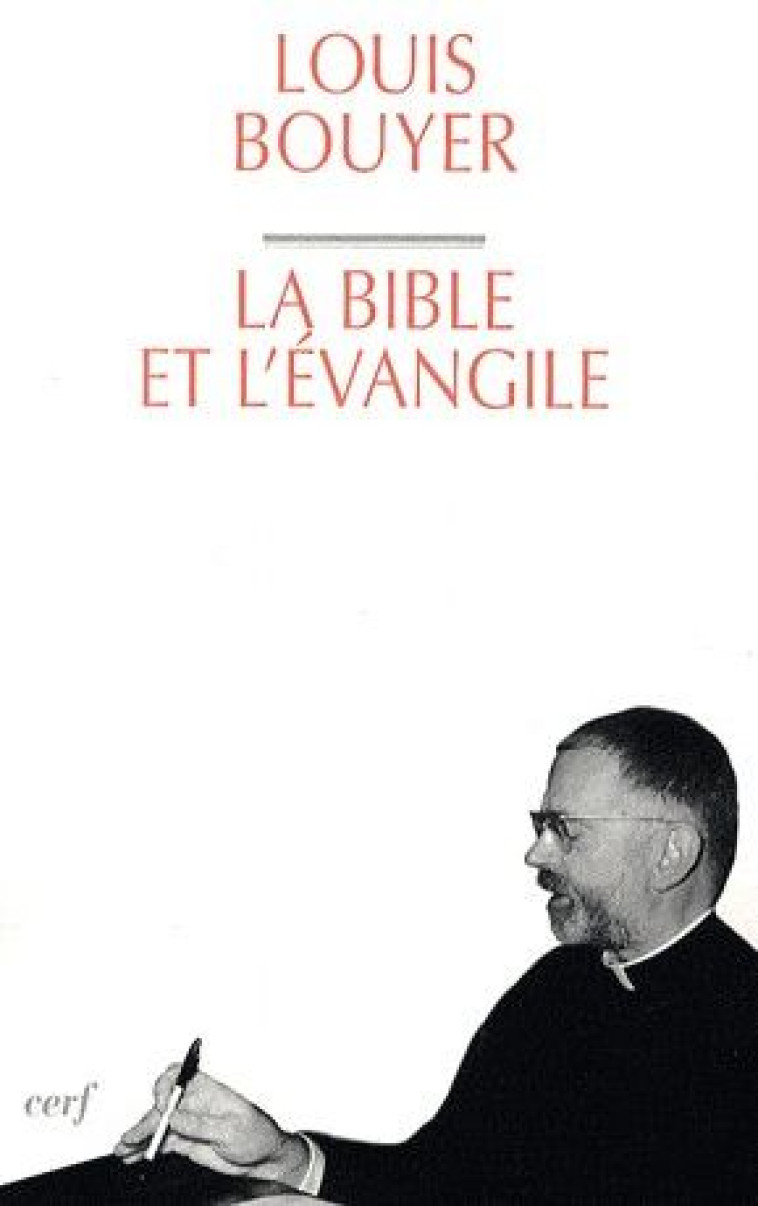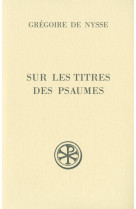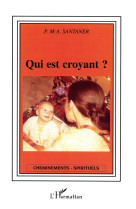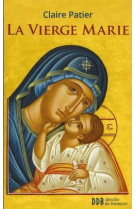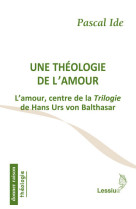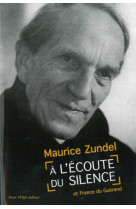La bible et l'evangile
Louis bouyer
« Comprendre la révélation, le sens de l'Écriture, [...] c'est dire qu'il faut y chercher non une succession de concepts mais l'approfondissement de vérités très simples et très riches données dès le principe et qui font l'unité de la Parole divine. Et ce qui nous permettra d'accéder à cette intelligence proprement religieuse des Écritures, c'est une contemplation du grand dessein qui s'y déploie et de l'Unique dont le visage s'y découvre. » Fruit des conférences données à l'institut catholique en 1949, « La Bible et l'Évangile » (paru en 1951, rééd. 1953) est un ouvrage majeur de Louis Bouyer. À la lumière des grands noeuds interprétatifs qui paralysaient le travail des biblistes — contraints au recul et même au silence —, l'assurance et la fraîcheur avec lesquelles Bouyer a affronté, non pas un passage particulier de l'Histoire sainte mais l'ensemble complexe et richissime du dessein biblique, donnent à cet ouvrage tout son relief. Certes, Bouyer ne fait pas oeuvre d'exégète, son but a été de rechercher et de mettre en valeur l'unité profonde de la Parole biblique, au profit de la vie spirituelle du chrétien. Fondant cette démarche sur une compétence assurée, il ne se désolidarise jamais des problèmes de l'exégèse critique et reste toujours attentif à l'état de la recherche. À la fois bibliste et théologien, Bouyer se manifeste aussi avec cette étude en tant qu'homme spirituel, convaincu que toute la richesse de grâce que Dieu communique aux hommes par sa Parole doit devenir nourriture pour l'âme, et non seulement pour la raison et le dogme. [Davide Zordan]
--
‘To understand the revelation, the meaning of the Scriptures, [...] one must seek in them not just a series of concepts, but a deeper comprehension of very simple, rich truths immediately conveyed, and which make up the unity of the Divine Word. And what enables us to access this specifically religious understanding is a contemplation of the great design that unfolds throughout the Scriptures, and of the One whose countenance reveals itself therein.' The fruit of conferences given at the Catholic Institute in 1949, ‘La Bible et l'Évangile' (pub. 1951, reprinted. 1953) is one of Louis Bouyer's major works. Seen alongside the great interpretive problematics which paralyse the work of Bible scholars - forced into retraction or even silence - , the assurance and freshness with which Bouyer has confronted not just one specific passage in the Holy Story, but the complex and rich corpus of the Biblical design, this book takes on a special significance. Of course, Bouyer is not speaking as an exegete his aim is to research and highlight the profound unity of the Biblical Word in order to enrich Christian spiritual life. Basing this approach on his unquestionable competence, he never dissociates himself from the problems of the critical exegesis and remains constantly attentive to contemporary research. Both Biblical scholar and theologian, Bouyer also reveals in this study the spiritual facet of a man convinced that all the wealth of God's blessing, communicated to humanity though His Word, should provide nourishment for the soul, and not just for reason and dogma. [Davide Zordan]

